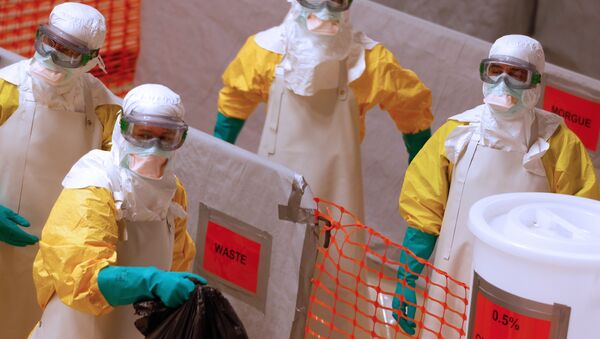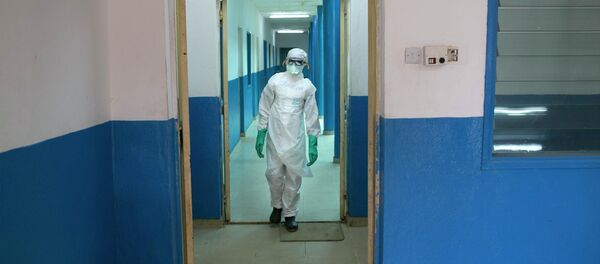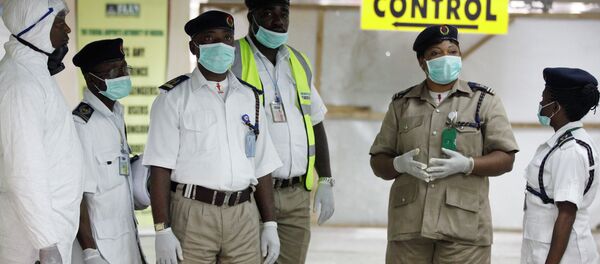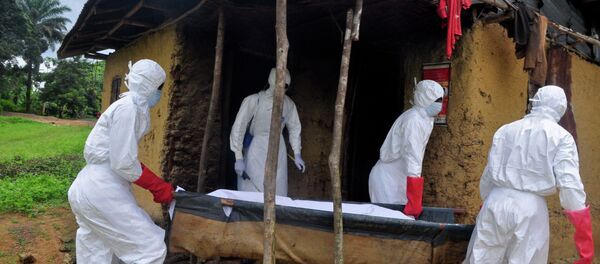"We are hoping that we can have a coherent support strategy by the end of February, based on the recovery priorities and plans of the Governments of these countries. This effort is part of the response of the Secretary General to a request by the Governments of these countries for the international community to work on recovery dimensions, of this crisis, alongside the ongoing medical emergency response. The Secretary General is ready to undertake global advocacy in support of socio-economic recovery in these countries," Stan Nkwain said.
In December 2014, UN Secretary-General Ban Ki-moon visited Liberia, Sierra Leone, Guinea, and Mali. While there, he discussed with the Heads of State the need to embark on socio-economic recovery in these Ebola-stricken nations.
Nkwain said that representatives from UN agencies, the European Union, the World Bank and the African Development Bank will be partnering with other key partners, such as the African Union, the Economic Community Of West African States (ECOWAS), the Manu River Union and civil society organizations to support the recovery strategies and plans that the three most affected countries have put forth.
The UN Mission for Ebola Emergency Response (UNMEER) is already working in West African countries, making efforts to meet immediate needs of the local population related to the fight against the current Ebola outbreak. The mission, however, is not tasked with working out an economic recovery plan for the region.
"If we don't start thinking about recovery right away, it might be [too] late. We don't know when we are going to get to "zero cases" scenario, and it might take some time. Working on early recovery now can ensure that survivors and affected households and communities can start to regain their livelihoods," Nkwain said.
He added that four clusters requiring attention have been identified where national recovery needs have been expressed, including health, water and sanitation; infrastructure and basic services; socio-economic revitalization; peacebuilding, social cohesion, institutions and core government functions; with a particular focus on gender and youth.
He added that without economic support, countries hit by Ebola will need a very long time to recover, which is why the UN Secretary General is willing to lead international advocacy to provide the support needed.
"The recovery effort will require new resources and new investments in the short, medium and long term to make sure that countries are, in the future, better positioned and equipped to recover from shocks," he said.
Nkwain said that it was too early to estimate how much socio-economic recovery would cost in all three countries, although it will be substantial if the countries are to recover effectively.
The deadly Ebola virus disease has killed 8,468 people in Guinea, Liberia and Sierra Leone, with the number of confirmed cases reaching 21,373, the World Health Organization said Friday in its new situation report. The UN Mission for Ebola Emergency Response said in a report last Thursday that the weekly total of new confirmed Ebola virus disease cases had declined to its lowest in recent months.






